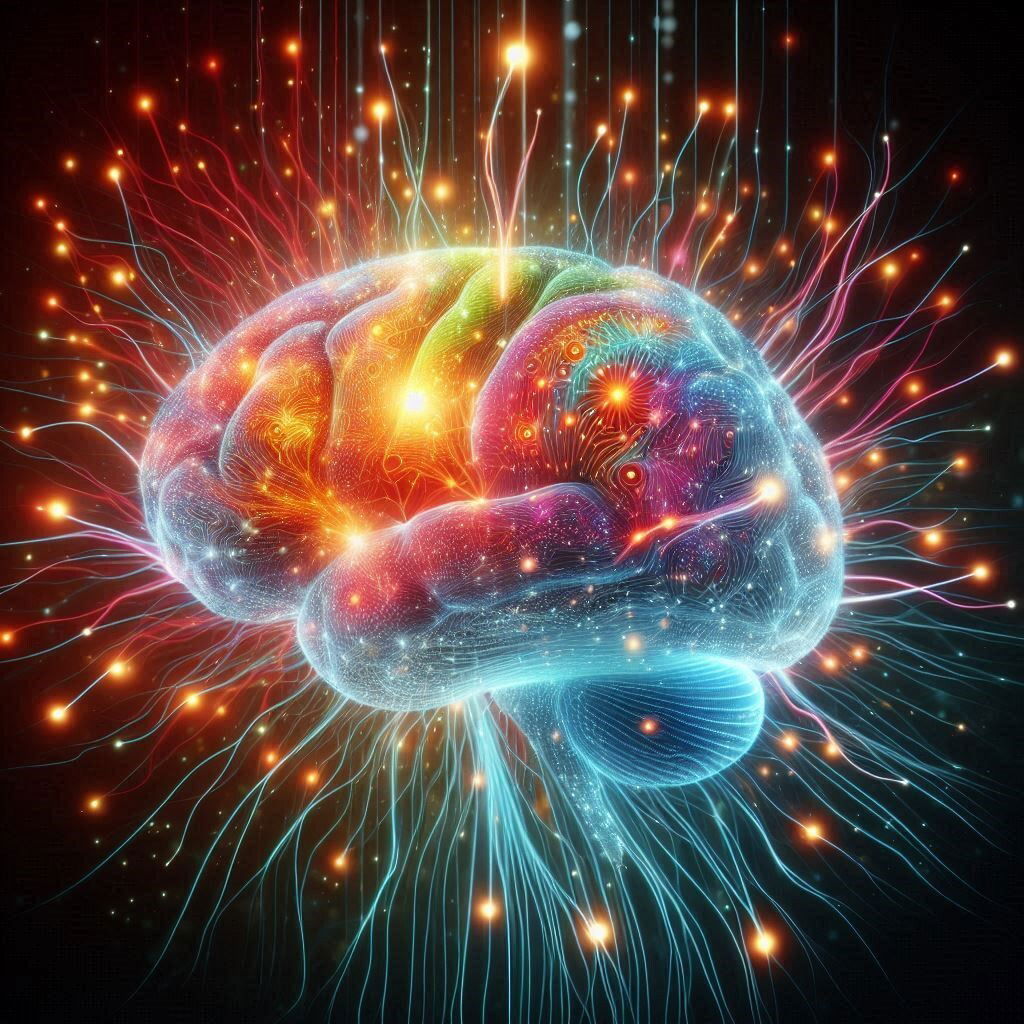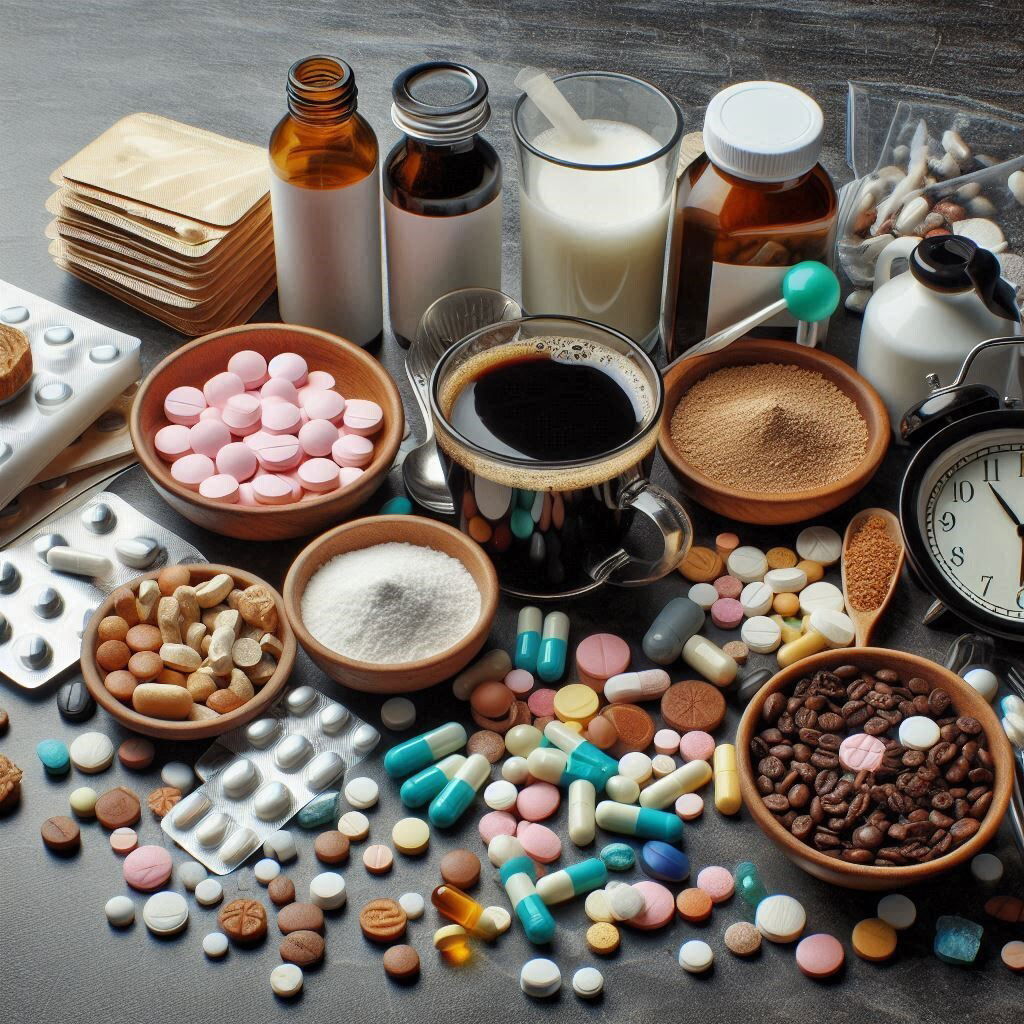Stimulants and Bipolar Disorder: A Mental Health Guide

Introduction
In the world of modern psychiatry, bipolar disorder is one of the mental health conditions that bring the most challenges for those who need to integrate it into their lives. It is usually characterized by extreme changes in mood, energy, and levels of activity for the person who struggles with the condition. Since its management usually requires the individual to balance medications with lifestyle choices and therapy, it is usually a challenge on its own. However, the introduction of stimulants into this equation complicates it further. This article takes a closer look at the relationship between bipolar disorder and stimulants, their effects on mental health, and the risks they bring. In the end, it will offer some considerations for people affected and ways to navigate these challenges to arrive at a fulfilling life.
Understanding Bipolar Disorder
What is bipolar disorder?
Bipolar disorder is a mental health condition characterized by dramatic shifts in mood, energy, and activity levels, affecting the person’s ability to function normally.
Types of Bipolar Disorder T
here are several types of the condition, including Bipolar I, Bipolar II, and Cyclothymic Disorder, each with its own pattern of mood swings and severity levels.
Symptoms of Bipolar Disorder Depressive and manic episodes vary significantly in terms of symptoms. The mania may manifest itself as high energy, reduced need for sleep, racing thoughts, and fast talking. Symptoms of depression, on the other hand, usually consist of feelings of sadness and hopelessness, lack of energy, and interest in activities.
Uses of Stimulants
Stimulants are used for the treatment of attention deficit hyperactivity disorder and narcolepsy. They are normally used because they can help increase the number of specific neurotransmitters produced in the brain. As neurotransmitters affect our ability to focus and control our impulses, increasing the amount of the substances may aid these other functions.
Risks of Stimulants
While it is true that stimulants can come in useful, it is essential to keep in mind the associated risks. The former are particularly concerning for patients affected by bipolar disorder. A person’s anxiety may grow; they may also get into substance abuse – stimulants are psychoactive drugs which substantially enhance the odds of individuals becoming addicted to any other psychoactive substance. Another substantial risk presents itself in the form of manic and depressive episodes.
Stimulants in relation to bipolar disorder
Bipolar disorder expresses specific interactions with stimulants, as the substances can have two opposite effects. On the one hand, they may help reduce the symptoms of attention deficit hyperactivity disorder, which is more than common for people affected by bipolar disorder. On the other hand, mood swings are one of the most common side-effects, so it will be much easier to get into manic or depressive episodes. The former side-effect of an experiment is known as the tendency to rapid cycling and irritability; in general, the bipolar disorder becomes more difficult to manage.
Management of bipolar disorder using stimulants
In all instances of people taking stimulants, all the dosages should be strictly controlled for. Medicines should also be taken strictly according to the instruction of a medical specialist who checks in on the patient every week or two. Other medicines may either be deliberately taken in specific dosages if a patient is a straight user or taken to counteract the anxiety and irritation in case the patient t takes charged dosages of stimulants. Dosages must be changed as little as possible; an experimental arrangement should be terminated if there is no positive dynamics of the patient’s state by the week or two. Finally, therapy should always include migraines, sleep disturbances, and intermittent unmanageable attacks.
What Comes Next?
Living with bipolar disorder and attempting to manage the condition with or without stimulants can be challenging. However, there are many strategies and approaches that can be used to make this goal more attainable. For example, a comprehensive treatment plan, which includes medication, therapy, and lifestyle changes, can help better manage the condition. Other alternatives include the following:
- Therapy and Counseling: Cognitive-behavioral therapy or dialectical behavior therapy can provide some useful tools of managing the symptoms of the disorder and the effects of stimulants.
- Support Systems: Families, friends, and support groups can offer emotional support and some practical tips to those who are living with bipolar disorder.
What are the personal stories to guide?
There are many stories of other people who have been able to live with bipolar disorder while using or avoiding stimulants. Most of those personal stories reveal the importance of following the right treatment and being persistent, ready to adapt to new circumstances and ask for help when it feels necessary.
What else should be considered?
Learn some practical strategies. for instance, maintaining a dairy of moods can help recognizing trends and triggers and adjusting the daily routine or efforts to cope. Moreover, it is important to set realistic goals and do not forget about the importance of taking care of oneself. Remember that it is possible to live a life with bipolar condition without any stimulant as long as one is vigilant and open for following the treatment and working as a team with a healthcare provider.
FAQ
Q1. How stimulants affect mood in people with bipolar disorder?
If people with this condition take stimulants, it can potentially lead to manic and depressive episodes meaning they need to be taken under strict medical supervision to minimize these risks.
Q2. Are there any other examples of treatments that can help with ADHD in people with bipolar disorder?
Yes, such therapies as non-stimulant medications and behavioral treatment can be used. Is it possible to live with bipolar disorder without taking stimulants? Yes, there are some ways of managing this disorder that do not include stimulants use.
Q3. Is it relatively safe for me to consume caffeine or nicotine if I have bipolar disorder?
While these two substances are not as powerful as prescription stimulants, they can also serve as inhibitors to stable moods. Thus, I will have to control the use of either.
Q4. What do I do if I notice significant shifts in my mood patterns after I start taking a stimulant medication?
Contact your healthcare professional as soon as possible. In all likelihood, your doctor will consider increasing the dosage for the medication you’re taking in an attempt to stabilize your mood. Another measure that can be undertaken by a professional is the reduction of stimulant dosage or considering an alternative treatment method to counter the negative effects caused by the bipolar disorder.
Q5. Is it possible for a psychological therapy course to help me cope with the emotional effects of taking a stimulant?
Yes, being subjected to psychological measures will ensure that I have the necessary tools and skills to reduce the negative effects of my bipolar disorders and the use of stimulants.
Conclusion
Nevertheless, it must be admitted that the management of bipolar disorder and stimulants use is a challenging task. With the help provided by licensed professionals and the designs that take the threats linked to the disease and the sources of treatment that you will be using it will be possible for you to find a stable way of life.
